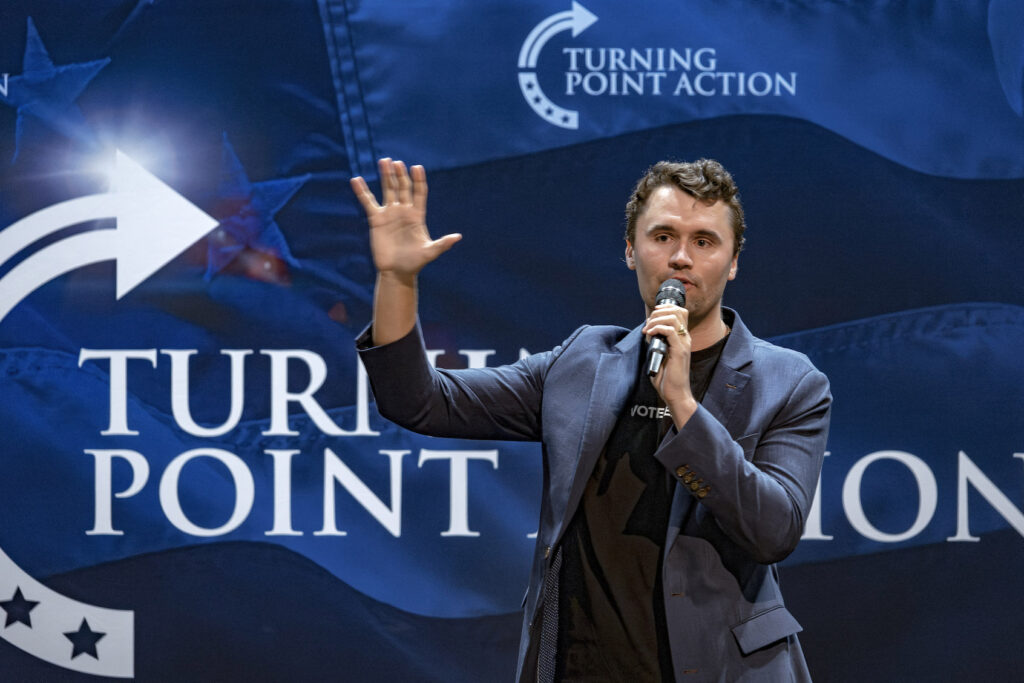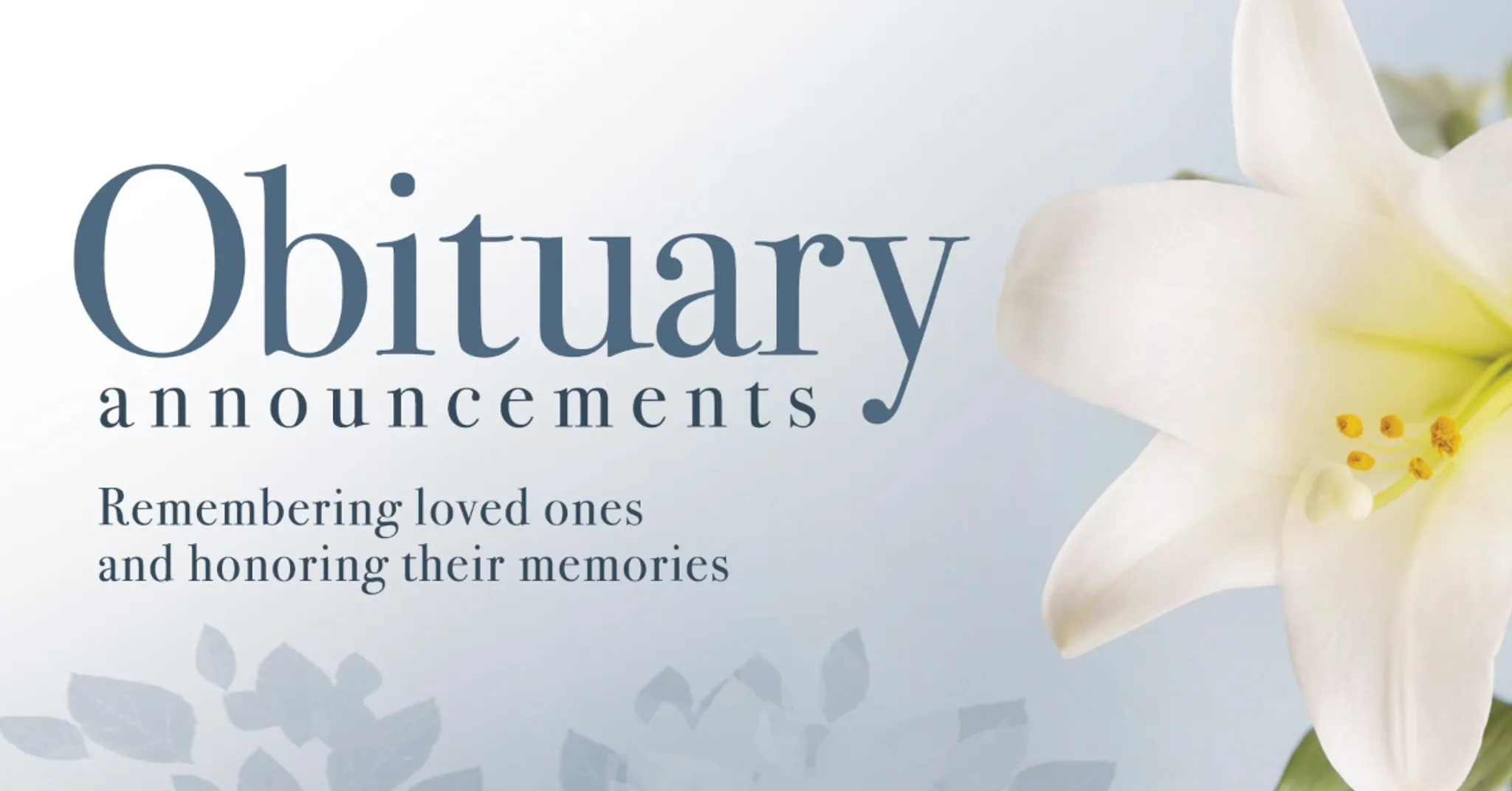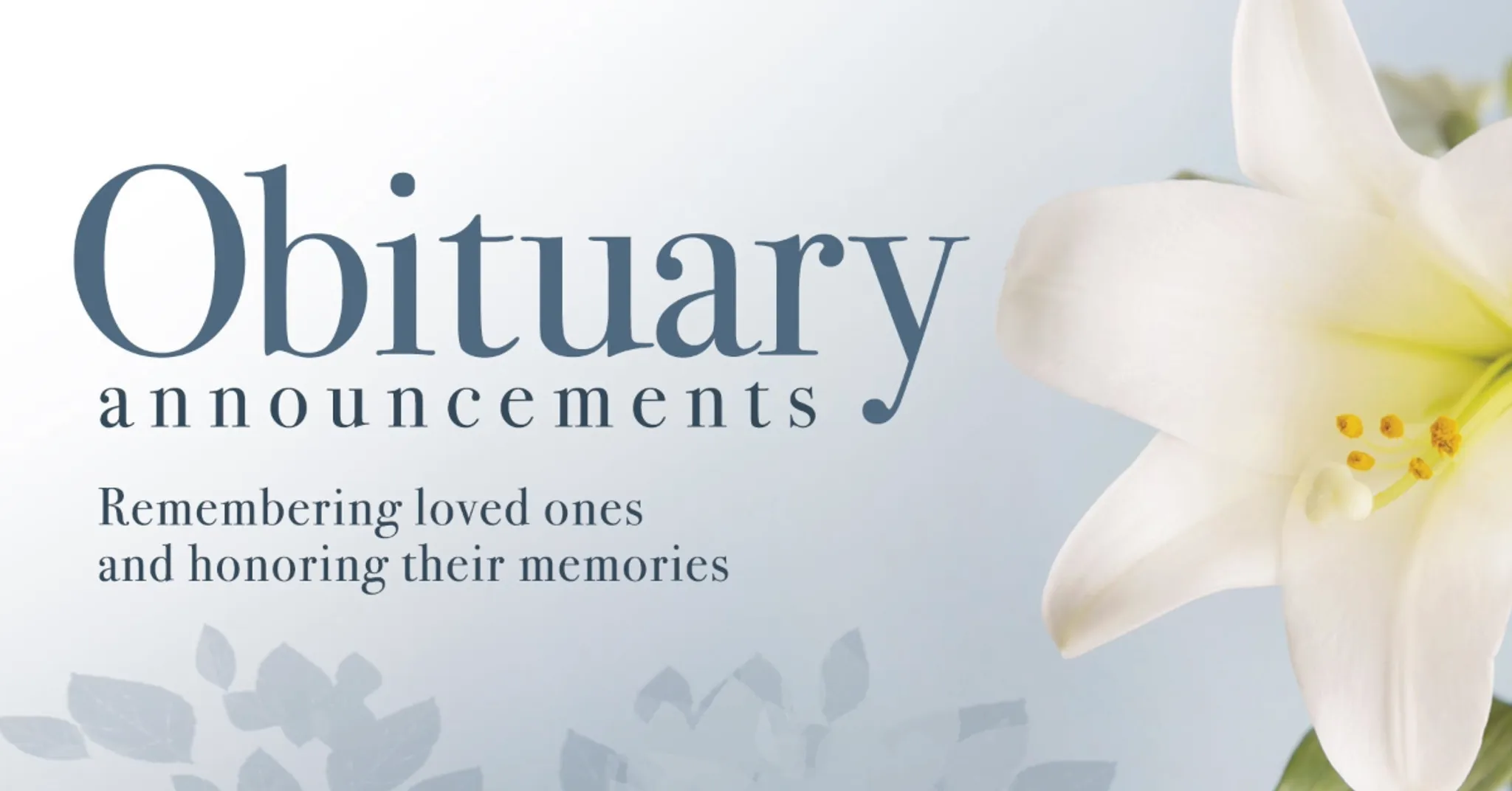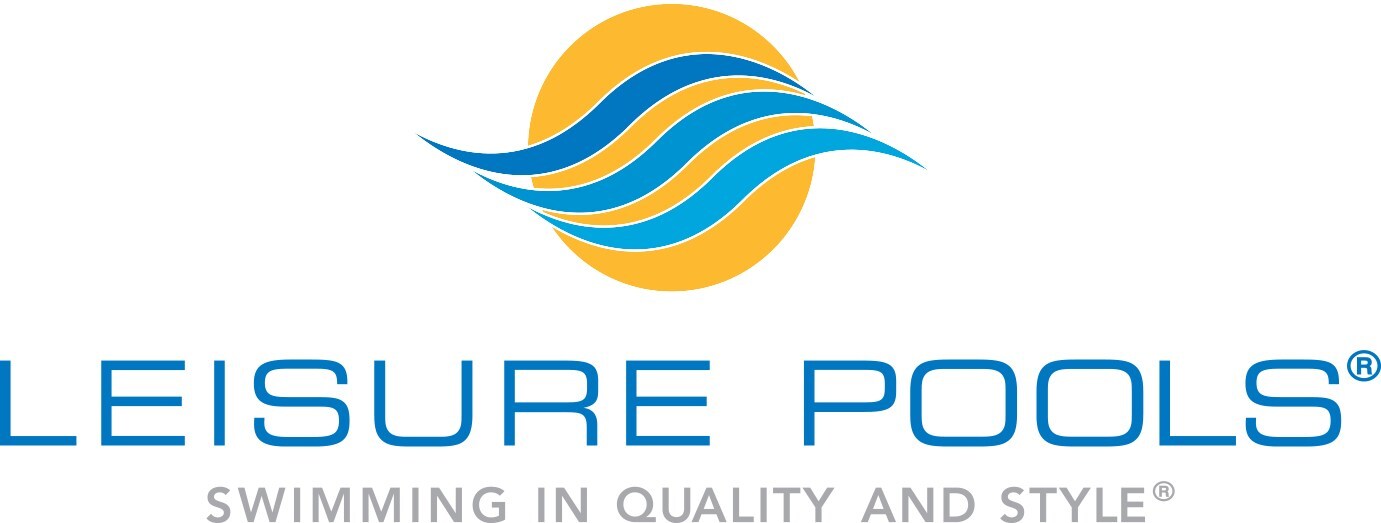
Conservative political activist Charlie Kirk, founder of Turning Point Action, speaks during a meeting on the campus of the University of Arizona in Tucson on October 17, 2024. Charlie Kirk's Turning Point Action, a conservative campaign group, is working extra hard to get Republican Donald Trump elected, and has hired thousands of canvassers to get out the vote. (Photo by Olivier Touron / AFP)
The death of conservative activist Charlie Kirk on September 10, 2025, has prompted the Trump administration to intensify investigations into alleged links between “leftist” nonprofits and violent acts against right-wing figures. Kirk, who founded and led the conservative organization Turning Point USA, was 31 years old when he was shot by Tyler Robinson, a 22-year-old from Utah, during a public debate. Reports indicate Robinson, raised in a Republican household, had recently shifted his political views, but his motives for the shooting remain unclear.
High-ranking officials within the Trump administration, including Vice President JD Vance and Deputy Chief of Staff Stephen Miller, have accused progressive organizations of inciting violence. Miller described these groups as part of “a vast domestic terror movement,” while Vance stated intentions to “go after the NGO network that foments, facilitates and engages in violence.” President Donald Trump attributed Kirk’s death to “a radical left group of lunatics” and hinted at potential criminal charges under the Racketeer Influenced and Corrupt Organizations Act (RICO), typically reserved for organized crime.
Despite these allegations, the Trump administration has yet to provide concrete evidence linking any nonprofits to the incident. Various conservative media outlets and administration officials have specifically targeted organizations such as George Soros‘s Open Society Foundations and the Ford Foundation, claiming they funded groups that “radicalized” Robinson. The Southern Poverty Law Center, which has reported on Kirk’s controversial remarks about marginalized communities, is also under scrutiny.
In response to these accusations, over 100 funders, including the Ford Foundation and Open Society Foundations, signed an open letter on September 17, expressing their concern over the administration’s rhetoric. Both organizations have publicly denied the allegations made against them, with the Southern Poverty Law Center also issuing a statement refuting claims of wrongdoing.
The legal framework surrounding nonprofits in the U.S. provides them with significant protections under the First Amendment, which guarantees freedom of speech, freedom of the press, and the right to assemble. Nonprofits are allowed to engage in public policy advocacy and other charitable activities as defined by the Internal Revenue Service under Section 501(c)(3) of the U.S. tax code. Nonetheless, there are legal boundaries; organizations cannot promote criminal activity or incite violence without facing consequences.
Historically, attempts to regulate nonprofits for partisan purposes have faced significant backlash. The Johnson Amendment, enacted in 1954, prohibits 501(c)(3) organizations from participating in political campaigns. Despite widespread support for this measure, previous administrations, including Trump’s, have sought to repeal it.
Political observers have noted that the Trump administration’s approach resembles tactics used in countries like Hungary and Russia, where governments have targeted NGOs and political dissenters. Such strategies raise concerns regarding the potential suppression of diverse political ideas, which are essential for a functioning democracy.
As the situation evolves, the implications for nonprofit organizations and their funding sources remain significant. The current administration’s actions could set a precedent for how political dissent is treated within the nonprofit sector. The rights of nonprofits to engage in advocacy, regardless of political affiliation, are crucial for maintaining a vibrant democracy.
The complex relationship between funding transparency and donor privacy further complicates the landscape. Federal laws protect donor anonymity, which some argue hinders public understanding of nonprofit activities. Nevertheless, all nonprofits, except for religious organizations, must file annual financial disclosures.
Organizations such as the National Council of Nonprofits are closely monitoring the Trump administration’s actions, emphasizing that both conservative and progressive nonprofits have a right to operate freely, regardless of the current political climate. The ongoing debate highlights the delicate balance between safeguarding free speech and addressing concerns about political violence in today’s increasingly polarized environment.







